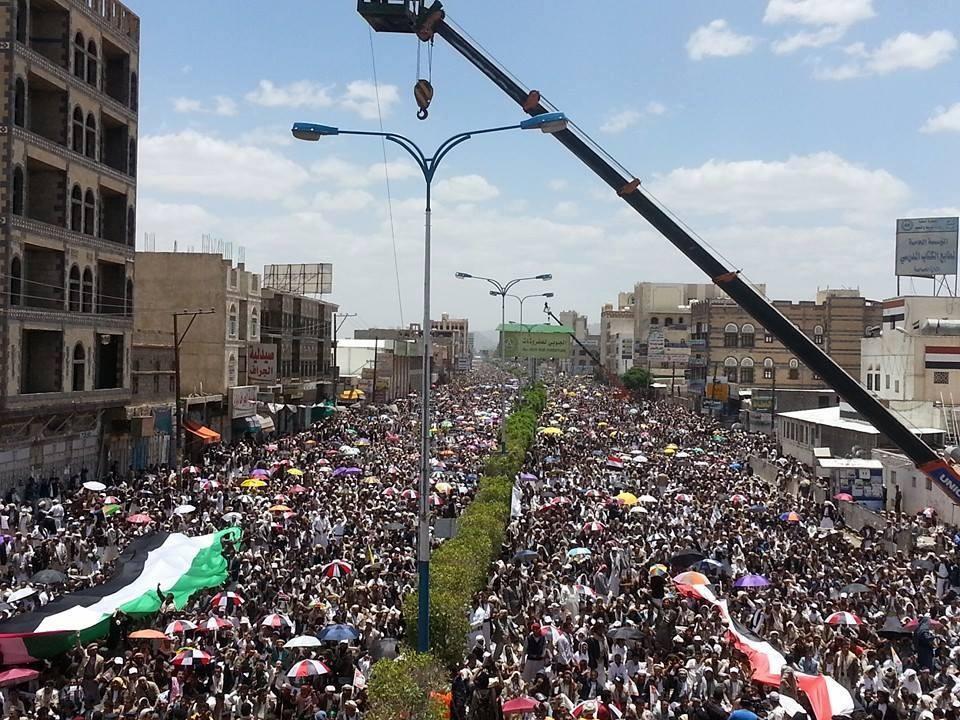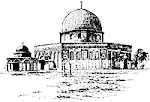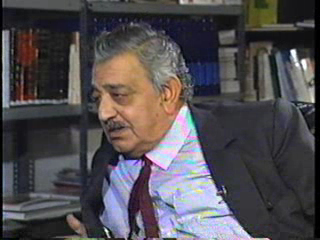 Tens of thousands Houthis marched through Sanaa in a protest demonstration on Friday 22 August 2014.
Tens of thousands Houthis marched through Sanaa in a protest demonstration on Friday 22 August 2014. The leader of the North Yemeni Houthi's, Abdel Malik Al-Houthi, said Thursday that his followers will continue their peaceful protests until their clear demands are met. "I call on President, the Defense Minister and the authorities to avoid attacks on and aggressive looks at peaceful protesters," he said in a speech on the Houthi-run Al-Masirah TV. Al-Houthi spoke on the eve of the last day of a deadline he gave to the government earlier this week to meet their demands.
Thousands of armed Shiite rebels in Yemen have strengthened their positions in the capital Sanaa since Wednesday as they pressed their campaign to force the government to resign, AFP correspondents witnessed.The rebels have been fighting an off-conflict with government troops in the northern mountains for the past decade, but analysts warned their bid for a greater share of power in a promised new federal Yemen was creating a potentially explosive situation.
Rebel activists used cranes to build walls around protest camps across the capital, where protest leaders gave the government a deadline of Friday to meet their demands.
In a bid to stem the crisis, President Abd Rabbo Mansour Hadi called for dialogue with the rebels and invited representatives to join a "unity government". But the protests, fuelled by a steep increase in petrol prices, are increasing in momentum with demonstrators showing no signs of backing down. Rebel commander Abdulmalik al-Huthi said on Sunday that the authorities must address protesters' grievances by the end of the week or additional forms of "legitimate action" would take place.
Al-Houthi more specifically demanded that fuel subsidies, which had been cut significantly in late July, be reinstated, among other demands. He gave the government until Friday to meet the Houthis' demands, or said "other steps" would be taken. The group has been strongly opposed to one of the central recommendations of the National Dialogue Conference: the transformation of Yemen into a federal state of six regions. Under the proposed refiguration, Saada province, which has historically been the Houthis' stronghold, would be linked to the Sanaa region. The Houthis have demanded a greater share of power in the federal government, and that the north be designated its own region.
| Abdel Malik al-Houthi |
The Houthis, Hadi said on Wednesday, must "be committed to what all Yemenis agreed upon, and work to achieve their goals in the political framework that were guaranteed by the constitution, as well as the outcome of national dialogue". De Presidnet also designated a committee that went to Sa´ada on Thursday in a reconciliation bid.
The Zaidi Shiites are a minority community in mainly Sunni Yemen but they form the majority in the northern highlands, including the Sanaa region. The imams that governed the country till the revolution in the sixties, belonged to this community.The rebels have been fighting an off-conflict with government troops in the northern mountains for the past decade but analysts warned their bid for a greater share of power in a promised new federal Yemen was creating a potentially explosive situation.
Officially known as Ansarallah [the partisans of God], the Houthi rebel group began as a theological movement that preached tolerance and peace in the early 1990s, according to Ahmed Addaghashi, a professor at Sanaa University and author of two books on the movement, Houthi Phenomenon and Houthis and their Political and Military Future.
Addaghashi said that tensions between Yemeni security forces and the Houthis first flared when the group's supporters protested in mosques in the capital, which then-President Ali Abdullah Saleh saw as a challenge to his rule. Saleh ordered the arrest of some group members, and urged their then-leader Hussein Bader Addian al-Houthi to stop the protesters from disturbing worshippers.
"The first war began when Saleh sent some troops to the province of Saada to arrest Hussein who refused to curb his supporters," Addaghashi said. Hussein al-Houthi was killed in 2004 after Saleh sent government forces into Saada. The years-long intermittent war ended in a ceasefire agreement in 2010. Recnetly the Houthis occupied the Amran province south of their stronghold Sa´ada and near the capital Sanaa.


.jpg)


No comments:
Post a Comment